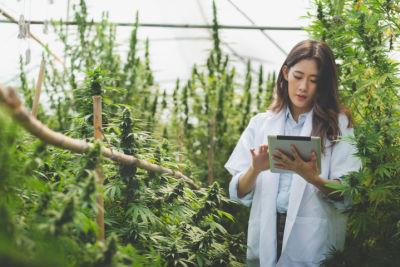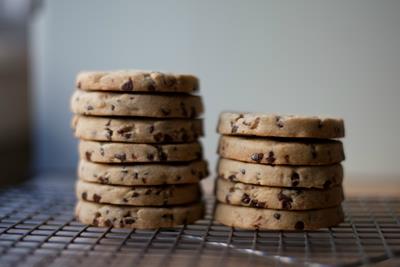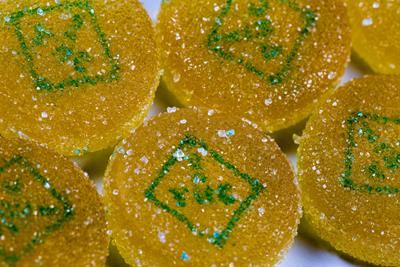
Friday March 23, 2018
Updated on 8/2/2021
By Erin Hiatt
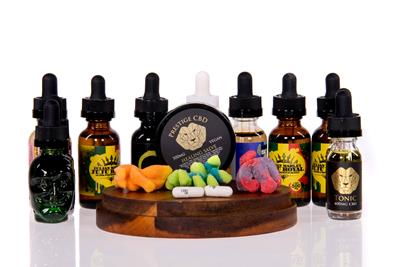 Education
Education
To say that sales of cannabidiol (CBD) have skyrocketed would be a serious understatement. In 2015, the hemp, or non-psychoactive CBD market was around $90 million. The Hemp Business Journal estimates that by 2020, hemp-derived CBD sales will explode to $450 million. With the addition of marijuana-derived CBD, they estimate that by 2020, the total CBD market will reach $2.1 billion.
Hemp-derived CBD really landed on the mainstream radar after CNN Chief Medical Correspondent Dr. Sanjay Gupta introduced Charlotte Figi to the world in the documentary Weed in 2013.
The Colorado girl, who suffered around 300 seizures a week because of an intractable epilepsy known as Dravet’s Syndrome, greatly reduced her seizures by taking a high-CBD, low-THC hemp oil known as Charlotte’s Web.
Since then, many states wary about medical marijuana like Utah, Iowa, and the Carolinas, have passed hemp-derived CBD-only laws. And as recognition of CBD’s potential benefits continue to grow, more people are finding ways to include CBD in a healthy lifestyle. Some of the reported benefits of CBD are reduced anxiety, relief from nausea, antispasmodic, anti-psychotic and relief from pain and inflammation.
Types of CBD Products Available
As the demand for CBD grows, more and more products are being released to allow consumers to choose their desired administration methods. Check out some of the variety in CBD products below:
CBD Oil
Perhaps the most common form of CBD available on the market, CBD oil has a broad range of application and is most sought-after in its full-spectrum form. There are many brands selling CBD oil, making it important to only purchase from reputable brands.
CBD Isolate
CBD isolate, or CBD crystals, is CBD in its purest form, generally around 98 to 99 percent. Crystals can be dabbed, made into a tincture, or as an edible by adding them to a high-fat food like butter or oil.
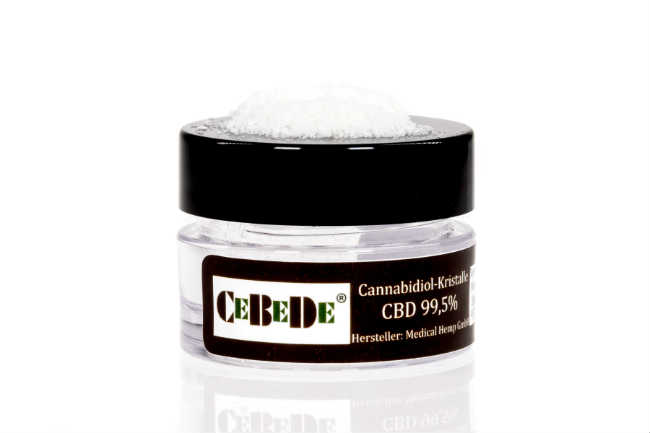
When strain specific terpenes are added to an isolate, a terpsolate is born. Terpenes give cannabis its unique smell and may add antioxidant, anti-inflammatory and other qualities to the isolate, depending on the terpene.
CBD Topicals and Salves
CBD topicals can take the form of shampoo, lotion, soap and many other delivery methods, making them great for incorporating CBD into your daily regimen.
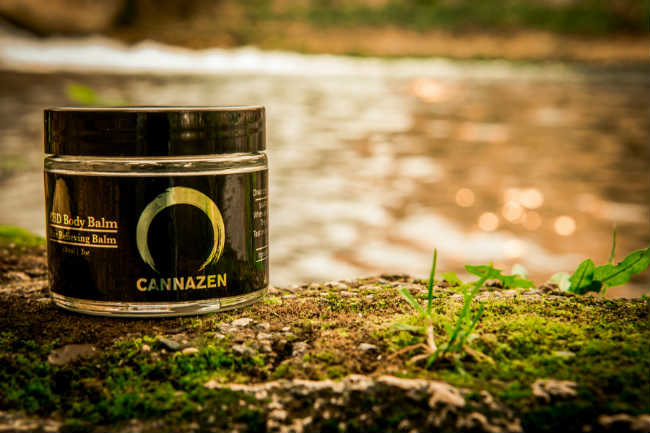
Frequently designed to help aches and pains or soothe irritated skin, adding CBD to a topical or salve can reduce inflammation, help to regenerate cells and act as an analgesic.
CBD Wax
Similar to cannabis concentrates containing THC, CBD extracts can also be made into a wax and dabbed. Inhaling the vapor produced by dabbing CBD gives the benefit of feeling the effects almost instantly, and also allows for quick dosage adjustments. However, it is best to start small, slow and see how it goes.
CBD Edibles
CBD edibles come in the form of gummies, chocolates and baked goods and are a great way to administer CBD easily without the need for inhalation.

They are also an easy way to take CBD on-the-go and incorporate it into an active lifestyle. While CBD is non-psychoactive, it’s still best to go slow and wait to monitor the effects before taking more.
CBD Pills, Capsules and Tinctures
Pills, capsules and tinctures are all discreet ways to administer CBD. Often touted as a “nutritional supplement,” they are considered a neuroprotectant and can have calming and anti-anxiety benefits.
CBD for Pets
CBD has shown to be very beneficial in pets and have similar effects as seen in humans. This is because animals, dogs in particular, have many of the same brain receptors as humans. Hemp-derived CBD for pets has anti-inflammatory, antispasmodic, anti-anxiety and anti-nausea qualities.
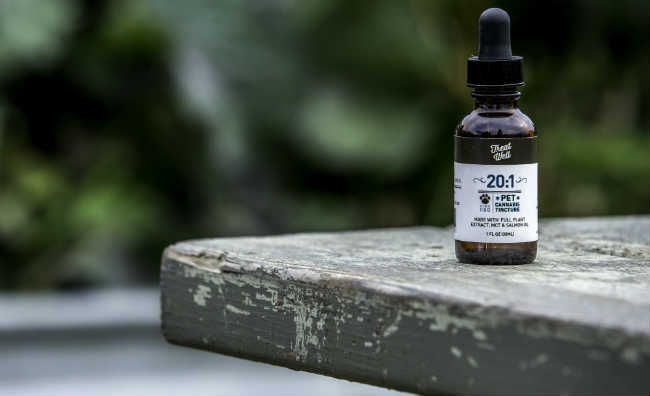
While more research is needed surrounding the effectiveness of CBD in pets, many people have treated their pets with CBD and found the results to be worthwhile.
The Difference between Hemp-Derived and Cannabis-Derived CBD
There are some very important differences between marijuana-derived CBD and hemp-derived CBD. Here are some key highlights to consider:
Marijuana-Derived CBD
Currently, CBD-derived from a cannabis plant can only be bought from a dispensary in a state with legal medical or recreational marijuana. Some believe that marijuana-derived CBD is more effective medicine because of the entourage effect, meaning that the plant’s entire chemical profile remains intact including terpenes and other beneficial cannabinoids.

Medical and recreational dispensaries carry a wide variety of CBD products. Check out some of the commonly available products below:
Common CBD Products in Dispensaries
- High-CBD, Low THC strains like Charlotte’s Web, ACDC and Good Medicine
- CBD Topicals and Salves with 1:1, 2:1 and 15:1 CBD to THC ratios
- There are more ratios available, these are simply the most common
- High-CBD, Low-THC tablets, made by companies like Stratos
- High-THC, Low-CBD Products
- CBD-Only Products
- CBD Edibles
There are even more CBD products available at dispensaries that we have not listed. Additionally, some dispensaries stock their shelves with more CBD products than others. To get a better feel for what kind of CBD products a dispensary carries, be sure to call ahead and ask a budtender before you visit.
Hemp-Derived CBD
Generally imported from China, Russia, and Eastern Europe (although there are a growing number of American-grown hemp companies) hemp-derived CBD can be shipped to all 50 states, but faces a barrage of restrictions and requirements for entry into the United States.
Some requirements include that the oil must be extracted from the stalk and stem only and that that the overall THC content must be less than 0.3 percent.
Many argue that extracting CBD in such a limited way limits the healing benefits of the medicine and makes for an impure product. Also, hemp is a phytoremediator, meaning it takes toxins from the soil and air and stores them within its stalk, which some worry may end up in the final product.
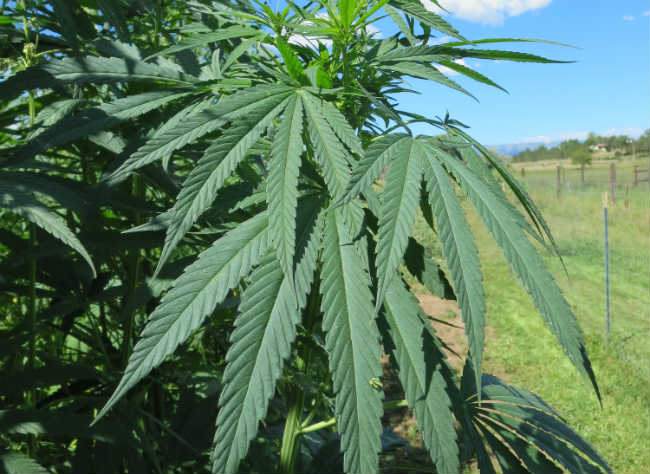
A major concern with hemp-derived CBD is that the market has no oversight: it doesn’t have to be tested for impurities, is often mislabeled – either by overstating the CBD content or understating THC – and sometimes claims to treat or cure conditions like cancer. The FDA recently issued letters of warning to several CBD companies making such claims
Safety and the Future of CBD Treatment
Even though CBD companies are not yet allowed to make specific medical claims, the World Health Organization’s (WHO) recent report on CBD found no adverse health outcomes related to CBD and that it is well-tolerated in both human and animals. Additionally, they found that CBD is not associated with any negative public health effects or risk of abuse.
The report authors also found that CBD “has been demonstrated as an effective treatment for epilepsy” and that there’s “preliminary evidence” that CBD may also be effective in treating many conditions like psychosis, Parkinson’s Disease, cancer and Alzheimer’s disease.
With many people self-treating with CBD, the main challenge for consumers is being smart about what to buy. Research is necessary to not only learn what kind of CBD would be the most effective treatment, but to also investigate CBD purveyors to be sure that the products are as pure as possible and that the company hasn’t run afoul of the FDA.
Given the multitude of options on the market, a good place to start would be to ask friends and family what products they recommend, and do some scrutinizing to make an informed and educated decision. You can always shoot PotGuide an email as well or drop us a line in the comments!
Have you tried CBD products before? What have you found to be most effective?



